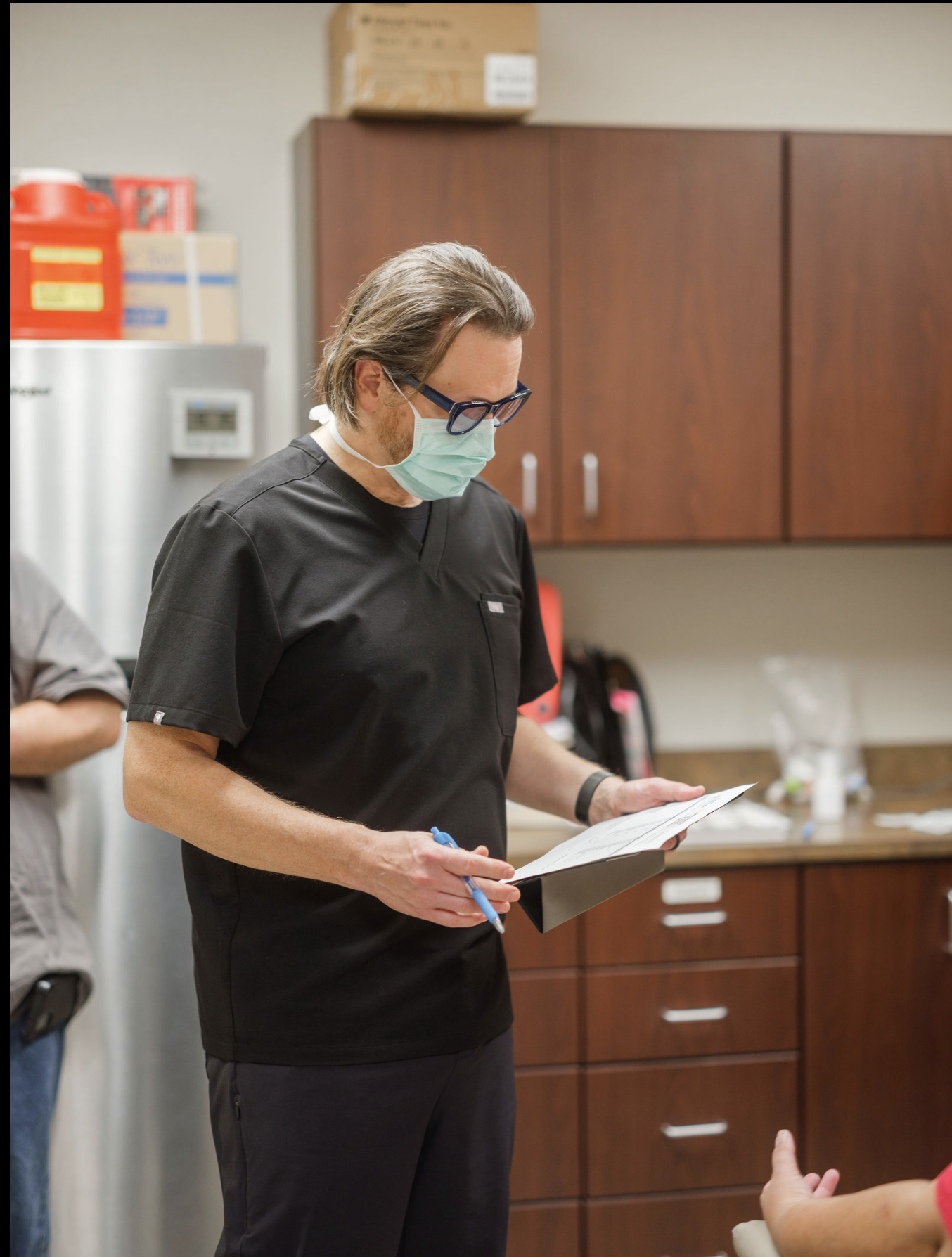How a Sinus Specialist Can Help You Breathe Easier
A healthcare professional wearing a mask and scrubs is reviewing a clipboard while speaking with a seated patient in a medical office.
If you're struggling with nasal congestion, sinus pressure, or frequent infections that just won’t go away, you might be dealing with a chronic sinus condition. In many cases, it’s not enough to rely on over-the-counter medications. That’s when a visit to a sinus specialist can make all the difference.
A sinus specialist is a doctor trained to treat complex sinus conditions, such as chronic sinusitis, nasal polyps, or structural problems like a deviated septum. These professionals can provide advanced diagnostic tools and treatment options that go beyond what a primary care provider may offer. If you're experiencing symptoms for longer than 10 days or they return often, it may be time to seek help.
Common signs you might need to see a sinus specialist include facial pressure, thick nasal drainage, loss of smell, or feeling congested all the time. These issues don’t just affect your nose; they can impact your sleep, energy levels, and even your mood.
At Oklahoma Otolaryngology Associates, we regularly help patients find relief through both surgical and non-surgical methods. Many start with natural approaches. If you're curious, read about natural methods to ease nasal congestion that can be part of your care plan.
The goal of any specialist is to get to the root cause of the problem. That might mean allergy testing, nasal endoscopy, or imaging to identify blockages or inflammation. Treatment plans are highly personalized, and you’ll be guided through options based on your specific needs.
While every case is unique, working with a sinus specialist is often the turning point for people who have struggled for years without relief. Whether you're dealing with pressure that won’t go away or recurring infections, getting expert care is a smart step toward feeling better.
Disclaimer: The information on this page is not intended to be a doctor's advice, nor does it create any form of patient-doctor relationship.

